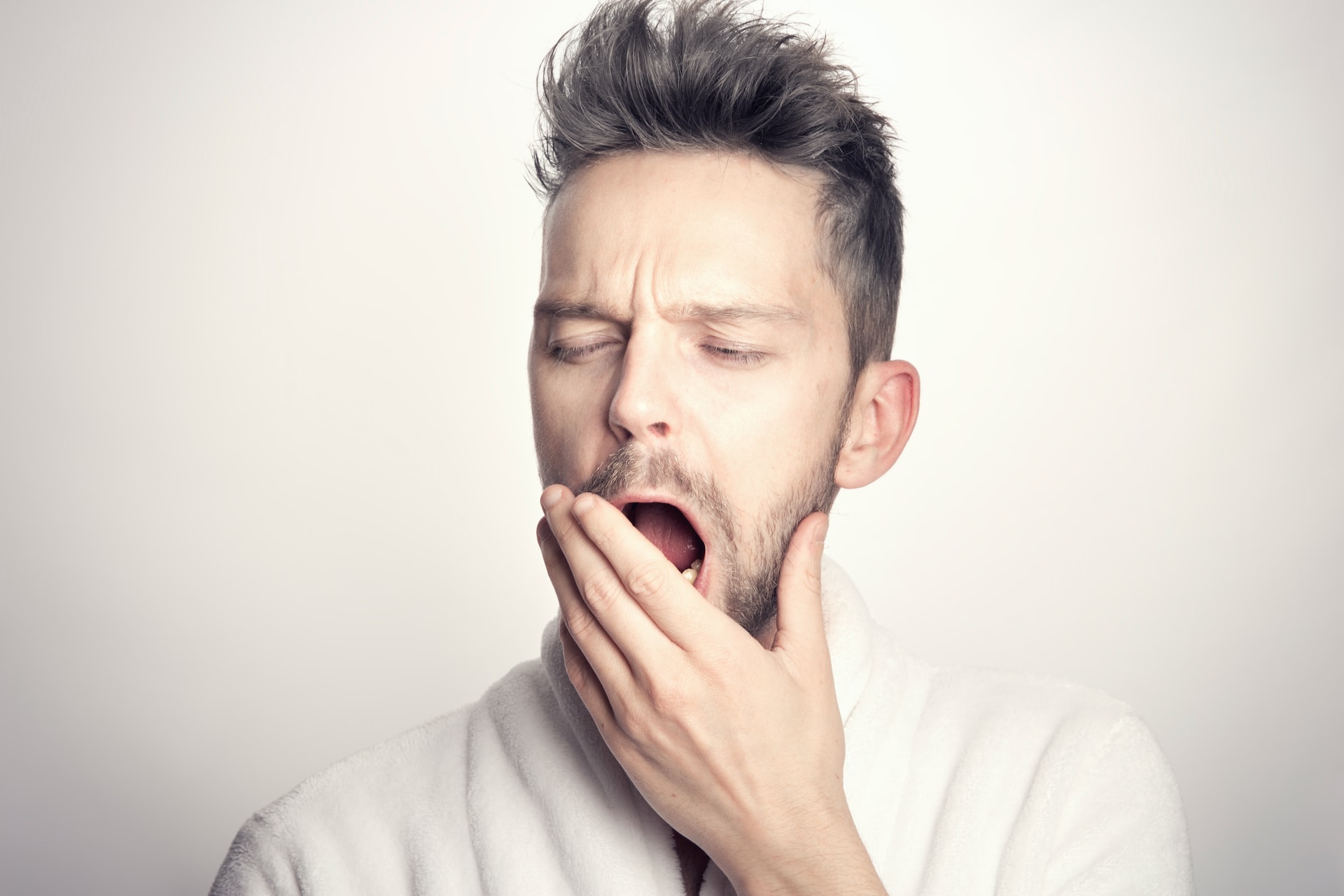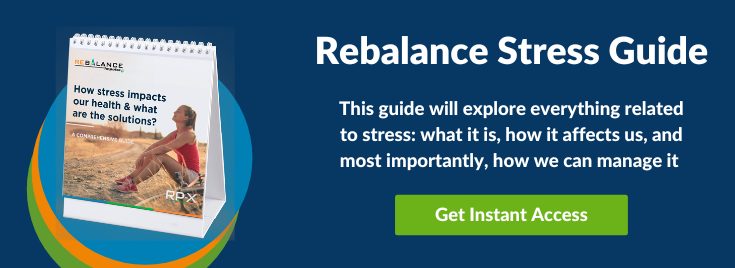HOW IS THE STATE OF DEEP SLEEP KEY TO YOUR HEALTH?
Most people know that deep sleep is essential for overall health and well-being, but few realise just how crucial it actually is.

Deep sleep is when the body does some of its most important work in cell regeneration, tissue growth and repair, and hormone production. Not being able to regenerate is why a lack of deep sleep can profoundly impact our physical and mental health.
You can do many things to improve your deep sleep state, but let's first define 'deep sleep' so we can examine it in more detail.
WHAT IS THE DEFINITION OF DEEP SLEEP?
The definition of deep sleep is when brain activity slows down to allow the body to repair itself. During deep sleep, the body does the following:
- Releases human growth hormone (HGH)
- Increases blood flow to muscles
- Builds and strengthens bones
- Boosts memory function
- Reduces stress and anxiety
- Reduces the likelihood of obesity, diabetes, and heart disease
WHERE DOES DEEP SLEEP FEATURE IN THE SLEEP CYCLE?
There are two types of sleep - REM (rapid eye movement) and non-REM. Non-REM sleep has three stages, with deep sleep occurring in stage three.
Stage 1: Experts consider light sleep as your body starts to relax, and you may even feel like you're falling asleep.
Stage 2: Your brainwaves start to slow down, and your eye movements stop. Stage 2 is when you're getting closer to a deep sleep state.
Stage 3: This is when deep sleep occurs. Stage 3 is the most restorative phase of sleep, as it’s when the body produces growth hormones and starts to repair itself.
After going through stage 3, you enter REM sleep. When dreams occur, brain activity speeds back up again.

HOW MUCH DEEP SLEEP DO YOU NEED?
Most people need around 20-25% of their overall sleep time to be in the deep sleep stage. However, this can vary depending on age, health, and lifestyle factors.
The recommended amount of sleep as a whole per night is:
- 7-9 hours for adults
- 10-13 hours for teenagers
- 14-17 hours for school-aged children
The above recommendations will not apply to everyone. They are a guideline at the upper end of the spectrum.
HOW TO TELL IF YOU'RE GETTING ENOUGH DEEP SLEEP?
There are several ways to tell if you're getting enough deep sleep. First, pay attention to how you feel during the day. If you're constantly tired, irritable, or struggling to concentrate, it could be a sign that you're not getting enough deep sleep.
Another way to check is to see how long it takes to fall asleep at night. If it takes 35 minutes or more to fall asleep, it could be a sign that you're not getting enough deep sleep.
You can also ask your doctor to do a sleep study. Usually, A sleep study is where you spend a night in a sleep lab, and doctors monitor your brain activity, breathing, and other vital signs to see how well you sleep.

HOW CAN YOU IMPROVE YOUR DEEP SLEEP?
There are ways you can improve your deep sleep state:
- Keep a regular sleep schedule: Go to bed and wake up at the same time each day, even on weekends. Schedules will help regulate your body's natural sleep rhythm.
- Create a bedtime routine: Do some relaxation exercises, such as reading or taking a bath. Routines signal to your body that it's time to sleep.
- Avoid caffeine and alcohol before bed: Caffeine can stay in your system for up to 8 hours, so avoid drinking it after 2 pm. Alcohol may make you tired, but it disrupts sleep later in the night.
- Regular exercise can help improve sleep quality by reducing stress and anxiety. Make sure to do it at least 3 hours before bedtime, so your body has time to wind down.
- Make your bedroom conducive to sleep: Keep your bedroom dark, quiet, and cool to create an environment that promotes restful sleep.
- Practice some relaxation techniques: Try progressive muscle relaxation or deep breathing exercises and neuro-relaxation techniques to help you relax and fall asleep.
- Consider using Rebalance products: Rebalance Impulse Products can help improve sleep quality by providing a gentle, relaxing electrical current that stimulates the brain to produce neurochemical signals that promote sleep. More on Rebalance Impulse Products later.
- Talk to your doctor: If you're struggling to get enough deep sleep, talk to your doctor about other options, such as cognitive behavioural therapy for insomnia or prescription sleep medication.
Let's look at points 6 and 7 - what is neuro-relaxation, and which techniques work?
WHAT ARE NEURO-RELAXATION TECHNIQUES?
Neuro-relaxation techniques are relaxation techniques that use electrical stimulation to help the brain produce neurochemical signals that promote sleep.
There are two types of neuro-relaxation:
- Transcranial direct current stimulation (tDCS) involves placing electrodes on the head and sending a low-level electrical current through the brain - tDCS can help increase the production of sleep-promoting neurochemicals, such as serotonin and GABA.
- Cranial electrotherapy stimulation (CES) involves placing electrodes on the scalp and sending a low-level electrical current through the head. CES can help reduce stress and anxiety, which can improve sleep quality.
WHICH TECHNIQUE IS RIGHT FOR YOU?
There is no one-size-fits-all remedy to this question - it depends on your individual needs and preferences. If you're struggling with insomnia, tDCS may be a good option. If you're struggling with anxiety, CES may be a better option.
Talk to your sleep specialist if you're unsure which technique to choose. They can help you make the best decision for your individual needs.
HOW CAN REBALANCE IMPULSE PRODUCTS HELP IMPROVE SLEEP QUALITY?
Rebalance Impulse Products are neuro-relaxation devices that use electrical stimulation to help the brain produce neurochemical signals that promote sleep.
Read more about Rebalance Impulse Products here.
Feature Image Source: Unsplash



